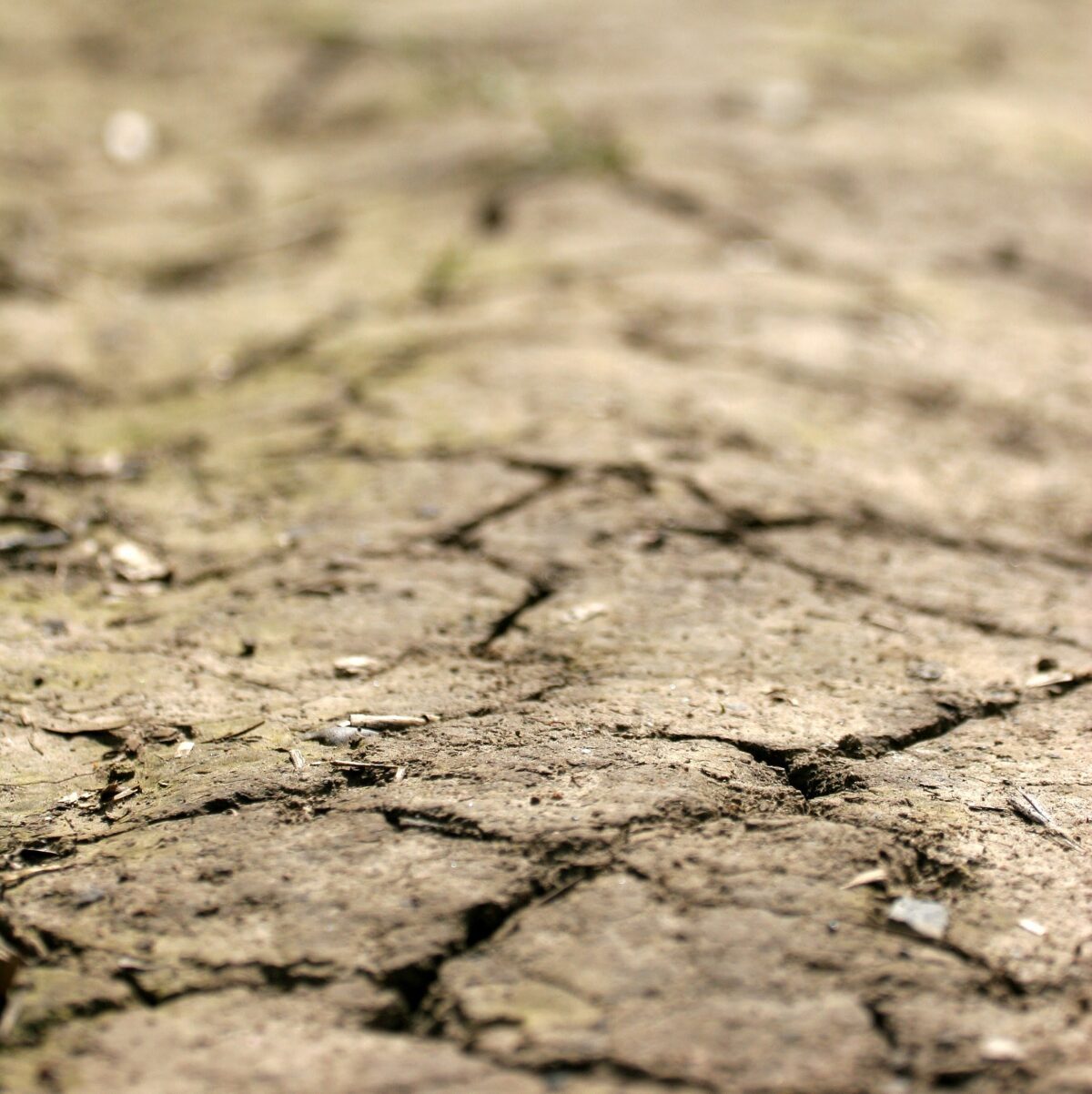Dry Mouth: An Overview

Dry mouth, also known as xerostomia, occurs when you have a lack of saliva production in the mouth. Learn more about the basics of this condition.
Causes of Dry Mouth
You may experience dry mouth for the following reasons.
Dehydration
Dehydration occurs when the body loses too much fluid without replacing it. Dehydration can occur as a result of vomiting, diarrhea, excessive sweating, not drinking enough fluid, or blood loss. The body produces less saliva when dehydrated, which leaves your mouth feeling dry.
Medications
Medications that cause dry mouth include those used to treat anxiety, asthma, diarrhea, and high blood pressure. Others like antihistamines, diuretics, muscle relaxants, and sedatives can also reduce saliva production.
Cancer Therapy
Head and neck radiation therapy often results in dry mouth. Radiation treatment damages the salivary glands, which reduces saliva secretion. Also, chemotherapy drugs can alter the nature and quantity of saliva.
Stress and Anxiety
During times of stress or anxiety, your body makes more of the stress hormone cortisol. A rise in cortisol levels in your saliva can change the composition of your saliva, which can lead to a dry mouth.
Nasal Blockage
A blocked nose can lead to mouth breathing. When you breathe through your mouth, saliva evaporates. As a result, your mouth may become dry, or your existing dryness can become worse.
Health Conditions
Some conditions that lead to dry mouth include AIDS, diabetes, Parkinson’s disease, and lupus. Sjogren’s syndrome is also a contributing factor. This is a condition in which the immune system attacks and damages the eyes, salivary glands, and sweat glands.
Recreational Drug Use
Drinking alcohol, smoking tobacco, or using marijuana can lead to a decrease in saliva production. Methamphetamine use can also result in severe dry mouth.
When you experience dry mouth, you should consult your dentist or doctor so that they can determine the cause.
Symptoms
Dry mouth has several signs and symptoms, including:
- Bad breath
- Difficulty swallowing, chewing, or speaking
- Dry or sore throat and hoarseness
- Trouble wearing dentures
- Taste disorders
- Thick and stringy saliva
- Dry or grooved tongue
- Changed sense of taste
Without treatment, dry mouth can further lead to complications such as mouth sores, cracked lips, and pale gums.
Manage Dry Mouth at Home
You can ease your dry mouth by taking some simple measures at home.
- Drink water: Drink regular sips of water during the day and keep some by your bed at night.
- Suck on sugar-free candies: By sucking on candies or mints, you can temporarily relieve your dry mouth symptoms. Choose products that will prevent tooth decay as the risk of tooth decay is even higher when you have a dry mouth.
- Use a humidifier: Dry air can contribute to dry mouth over time, so adding moisture to the room with a humidifier can help.
- Suck on ice cubes: Your mouth will become moist as the ice slowly melts.
You should avoid tobacco and sugary and acidic foods and drinks, as well as dry or spicy foods. Additionally, only consume alcohol and caffeine in moderate amounts.
Treatment
Depending on the cause of dry mouth, treatment may include:
- Changes to medicines: If your medication causes dry mouth, your doctor may be able to change the dose or prescribe something different.
- Saliva substitutes: Saliva substitutes that can keep your mouth moist include sprays and rinses. Your dentist can prescribe you a saliva substitute, and you should strictly follow their instructions.
- Surgery: Blockages in the salivary glands, such as stones, are often treated with minor invasive surgery.
- Other treatment: The prognosis for dry mouth caused by an underlying condition, such as diabetes, depends on the treatment for that condition.
To determine the cause of your dry mouth, your dentist may order blood tests and measure your saliva production. Your dentist will then recommend the best treatment option.
Dry mouth does not pose a serious health threat, but it can be a symptom of another underlying condition. Thus, early detection, diagnosis, and treatment of xerostomia are crucial to preventing devastating effects on your dental and overall health.
Contact us at Accent Dental today if you have questions about dry mouth or to schedule an appointment for a consultation.

